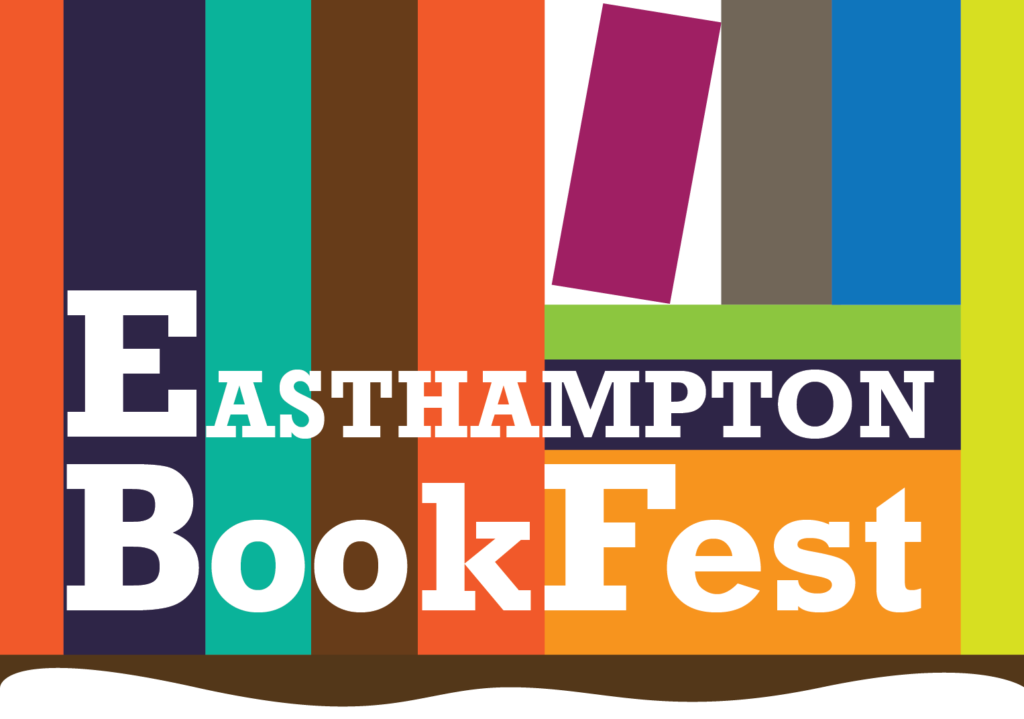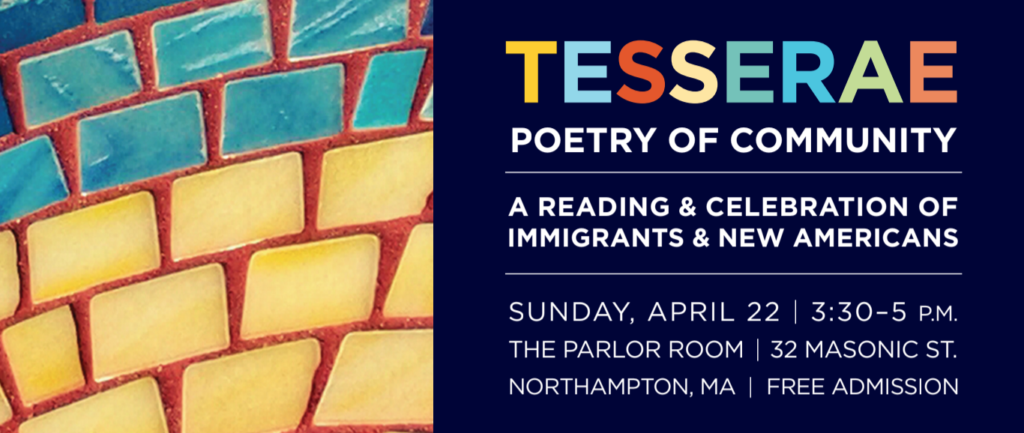
Finger Lakes Region, New York
I am a trespasser. It’s difficult not to be one when so much of the hills surrounding the Finger Lakes of New York are owned by so many, “somebody else’s.” Even the abandoned Tenny’s Farm, with its heaviness of barren barns and feral fields, is stitched with Posted signs. Nearly daily I hike, or ride my pony, along the top of Grimes Gully with its whispering waterfalls below, to the end of the the Old West Hollow Road: an echo of a carriage road overgrown and barely remembered. It’s not really the end though, it’s a path dismembered by a twelve-foot-high fence that surrounds hundreds of acres of private deer reserve. I press my face to the cold wire, longing for the wide trails that continue inside there. Just being here, though, I’ve passed numerous signs. I am trespassing.




 Tesserae: Poetry in Community
Tesserae: Poetry in Community













